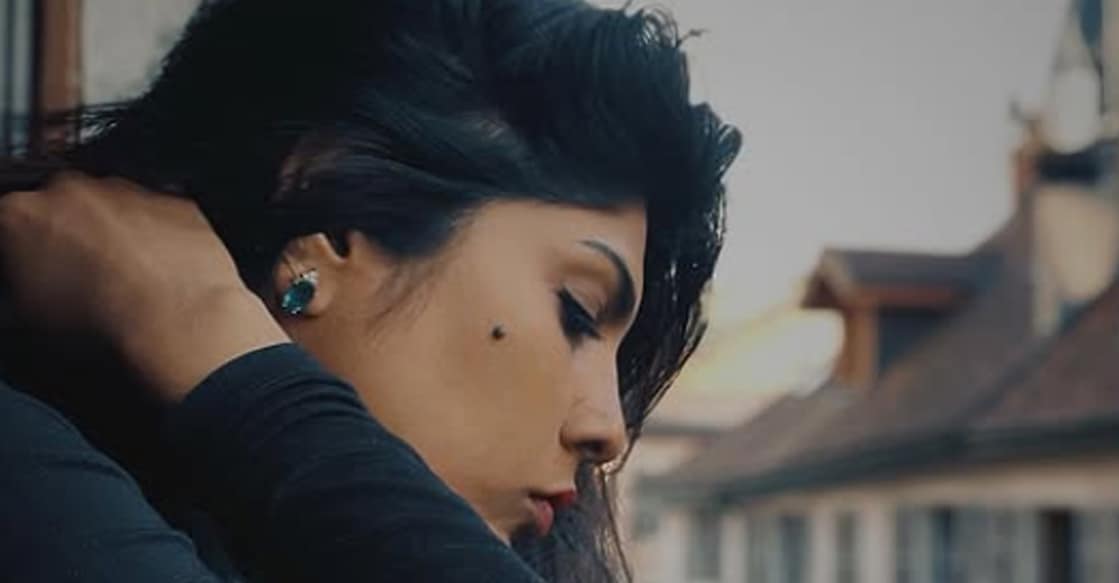I don't know if it's possible to make a film like 'Lalanna's Song' in present times: Megha Ramaswamy

Mail This Article
Multiple award-winning director Megha Ramaswamy says it is liberating to tell stories of flawed women in Indian society, which often sees them as torchbearers of suffering and resilience. Her latest short film 'Lalanna's Song' tries to break the stereotype and subverts the tropes of the 'suffering women'.
Instead, she says, 'Lalanna's Song' explores the lives of two deeply flawed women. The director believes Parvathy and Rima have brought a certain maturity and understanding to their characters Shoby and Miriam, and this was possible because of their progressive views. Megha joins Onmanorama for a conversation about the making of the short film.
How did the casting for 'Lalanna's Song' happen?
The casting happened because of Geethu Mohandas who is a good friend of mine and also a colleague. I had desperately wanted Rima and Parvathy to be part of the film since I was confident they would be willing to portray these characters without questioning the politics of the film. Geethu was also the one who introduced me to Poornima's daughter Nakshathra.

Parvathy and Rima are the face of the Women in Cinema Collective in India. Did this influence your decision?
Absolutely. Both these women have made their own space in the industry and promoted very progressive points of view. I have been an admirer and a genuine observer of Rima and Parvathy's politics and their journey as practitioners of cinema. So, when you go to them with a script like 'Lalanna's Song,' it is a conscious and deliberate decision. I was confident of their intelligence and how they perceive narratives and stories.
The conception of 'Lalanna's Song'
In India, the basic female trope revolves around the male gaze and shows a woman's suffering to inspire an audience. 'Lalanna's Song' does not deliver such moral lessons. Here, the women are deeply flawed, almost evil. It explores these characters and what it is that makes them react the way they do, and the oppression at different levels of society.
You have taken a bold stance in your narrative as 'Lalanna's Song' touches upon religious aspects too
I won't say it is a bold portrayal. Rather, it is a real portrayal of what is happening in society today. But, I think the major confidence to do the film came from the actors. The film could be mounted because of Rima and Parvathy. Also, hats off to the producers Newton Cinema as they made space for a film like 'Lalanna's Song'. This short was made three years ago. I don't know if such a film is possible in today's times. The fabric of our society has become so volatile now, that we may even be punished for making a film like 'Lalanna's Song.' It represents all sorts of oppression. This film was also made possible because producer Guneet Monga also stepped in at the last moment and helped fund the project when I did not have the money to continue.
You have always included paranormal elements in your narrative
Paranormal elements help us to ask questions. There is a certain kind of hatred towards a religion now. Paranomral themes help us to present these issues better. This phobia has been portrayed as horror in 'Lalanna's Song.' Hate is horror in any society, but it has become normal. We should be ashamed. It is our job to identify that horror.
Could you describe the two women in the film?
We have two women in the film played by Rima and Parvathy. Here, a privileged woman enters the space of a non-privileged woman. Parvathy plays Shobhy, probably short form for Shobana, and she is a Brahmin woman. She comes to Miriam's house. She, just like entitled, Savarna women, thinks it is okay to come and steal that space from a woman who comes from a marginalised community and then latch on to her clothes and say 'I feel sexy', when wearing a burqa. However, she is punished and thought as a thief because of her attire at a supermarket, but she is unable to accept that. We shot from two viewpoints -- one from the Brahmin girl who is unable to accept the loss of her character, and also Miriam's reaction. This authenticity exists in their relationship.
The cinematography and the grammar of the film
The whole film was shot in Mumbai during the last wave of the pandemic in 2022. Kuldeep Mamania is one of the brightest people to watch out for. He brings so much to the table in terms of understanding. His choice of capturing these women in the story and the effort he took in trying to understand my film really inspired me to do good by him.
The importance of the song in the movie
We placed the song in the climax for a reason. The song sung by Nakshathra who plays Lalanna herself is a cautionary reminder to women that they will be constantly pushed off the cliff and it is a privilege to survive.


